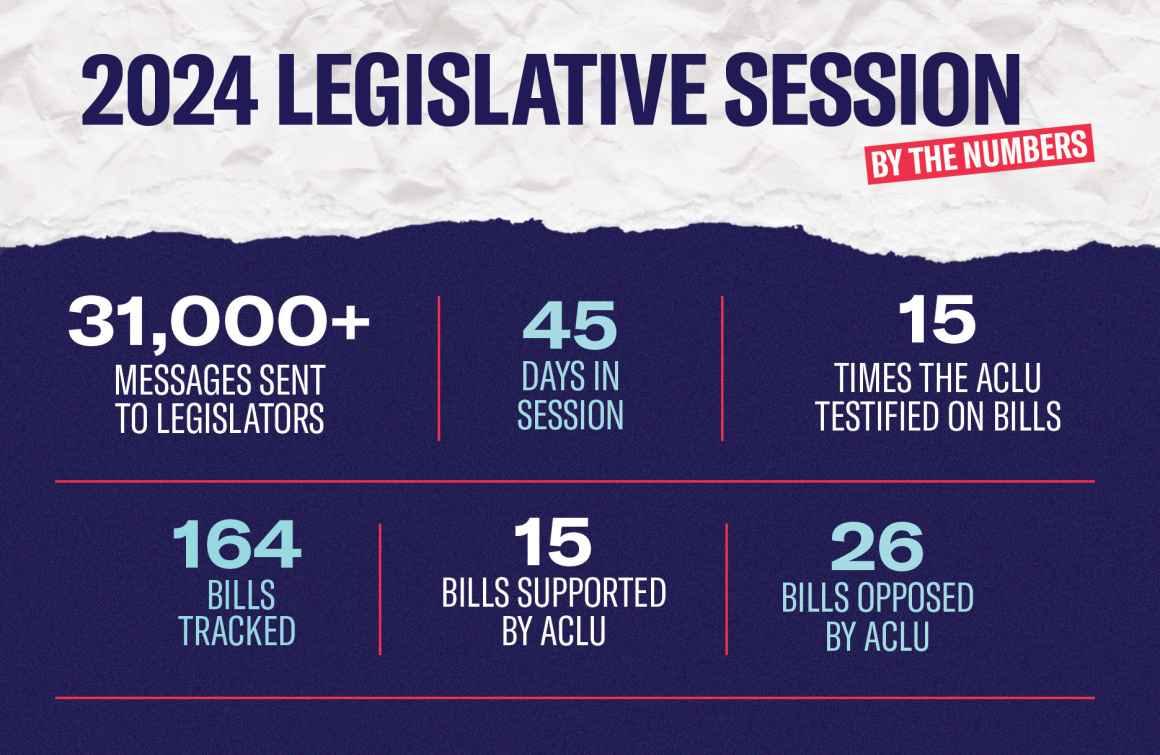
The Latest Battleground: Indiana’s Schools and Children
This legislative session, certain Indiana lawmakers attempted to further establish Indiana’s schools—and youth in general—as the latest battleground in the Culture Wars. This extremist agenda is presented under the guise of “parental rights” and “protection of children” — when in reality these policies are infringing on our freedom of speech, students’ privacy rights, and freedom of religion.
At least eight bills were introduced this year targeting education. These measures seemed to be a calculated effort to diminish the quality of sex education, with a disproportionate impact on LGBTQ students, promote specific religious viewpoints in public schools, and chill speech in public institutions such as schools, government buildings and even online platforms.
Despite legislators’ best attempts to take our state backwards, the ACLU of Indiana, our partners, and our supporters were ultimately able to defeat many of these dangerous and unconstitutional bills — including the school chaplains bill, in addition to legislation targeting library funding and several anti-LGBTQ bills. Click through below to read more about the bills we defeated, the bills that passed, and how we will continue to make an impact. Scroll to the bottom to see how your lawmakers voted on key bills.
